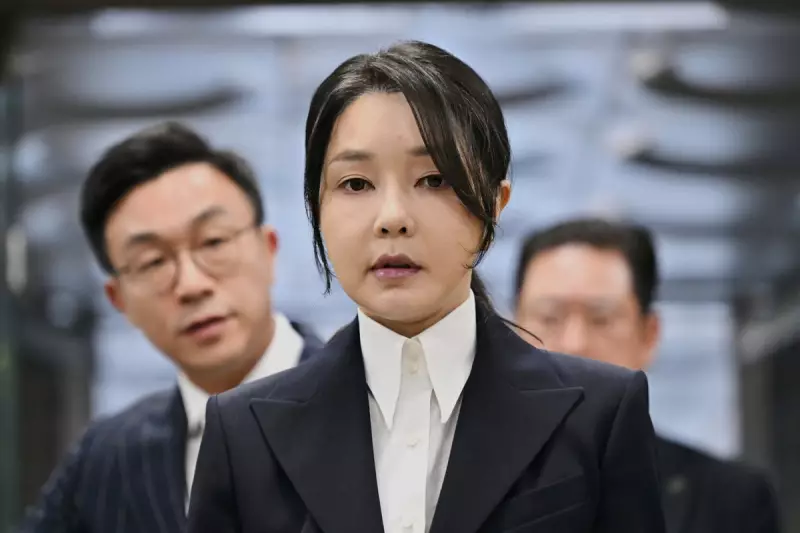
South Korea's First Lady, Kim Keon Hee, has ignited a firestorm of controversy after conducting a personal photoshoot within one of the nation's most significant historical treasures - the recently restored Geunjeongjeon throne hall at Gyeongbokgung Palace.
A Royal Setting for Modern Politics
The images, released by the presidential office, show Mrs Kim posing regally in the main throne room of the 14th-century palace, which served as the primary seat of power during the Joseon dynasty. The photoshoot occurred in the very hall where kings once held coronation ceremonies and conducted state affairs.
Cultural Preservation or Political Misstep?
Critics have lambasted the photoshoot as inappropriate and disrespectful to Korea's cultural heritage. The Cultural Heritage Administration had only recently completed a meticulous 13-year restoration project on Geunjeongjeon, making the timing and nature of the photoshoot particularly sensitive.
Historical experts expressed concern about the precedent being set, noting that the throne hall represents a sacred space in Korean history that should be treated with reverence rather than used as a backdrop for political imagery.
Mounting Public Backlash
The controversy comes at a challenging time for President Yoon Suk Yeol's administration, with the First Lady already facing multiple allegations including:
- Previous accusations of academic plagiarism
- Ongoing investigations into her background
- Questions about her influence on presidential decisions
Opposition politicians have seized upon the incident, calling it another example of poor judgment from the presidential couple and demanding accountability for what they describe as the "trivialisation" of national heritage.
A Pattern of Controversy
This incident marks the latest in a series of controversies surrounding the First Lady, who has maintained a relatively high public profile compared to previous presidential spouses. The photoshoot has amplified existing concerns about the boundaries between personal image-building and respect for national institutions.
As the debate continues, many Koreans are left wondering whether this represents a simple misstep or reflects deeper issues about the relationship between political power and cultural preservation in modern South Korea.





